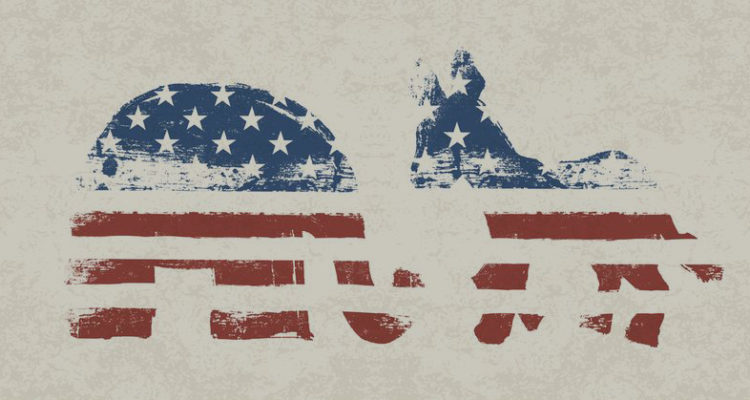By Keep It Local, Florida
Americans are enjoying a well-earned but all-too-brief respite from the hand-shaking, baby-kissing, name-calling, and ad-making that typify political campaigns. To the relief of most voters, Election Day is now behind us.
The deep divisions it revealed, however, are not.
In some respects, America is now more polarized than at any time in the last 150 years. To a degree, this polarization occurs along predictable ideological lines. However, to an even greater extent, “the cut in the electorate isn’t a clear left and right,” notes Peter Ditto, a political psychologist at the University of California, Irvine. “It’s kind of an up and down, or it comes in diagonally where education and ethnic identity seem to be the things that are determining votes.”[1]
How do we govern an increasingly diverse and seemingly divided society?
In many ways, the answer has been here since our founding: government closest to the people tends to govern best. The more localized the government the greater the impact exerted upon it by ordinary Americans, making local governments generally more responsive than their state and national counterparts.
Put another way, localizing the power strengthens the people.
At the local level, issues tend to lack a partisan hue—garbage collection and traffic light placement have little to do with political dogma. Local policy decisions typically require consensus-building rather than partisan brute-force. Imposing state or national solutions on complex problems usually leaves one side the loser. However, when local control is favored over the dictates of distant governments, everyone can win. Miami can be Miami, Jacksonville can be Jacksonville, Naples can be Naples, and so forth.
By their very nature, local communities must address issues of local concern. They are less likely to become ensnared in the grand ideological battles that tend to dominate Washington and Tallahassee, and which generate political resentment and stalemate. In a big, diverse and often divided Republic, strong local communities with generous local control can serve as “safety valves” to vent the pressure generated by heavy-handed state or national dictates.
Of course, America needs efficient and capable state and national governments—after all, some problems can only be addressed at these levels. However, our increasingly diverse country would benefit immensely from greater local control for its local communities. An America with stronger local control means fewer preemptions and fewer unfunded mandates (i.e. “hidden taxes”). It leaves local communities and local taxpayers freer to chart their own course. It means less acrimony and more action on the issues that matter most. So, no matter what happens in Tallahassee and Washington, let’s hope 2017 is a year to keep it local, Florida.


Leave a Reply
You must be logged in to post a comment.